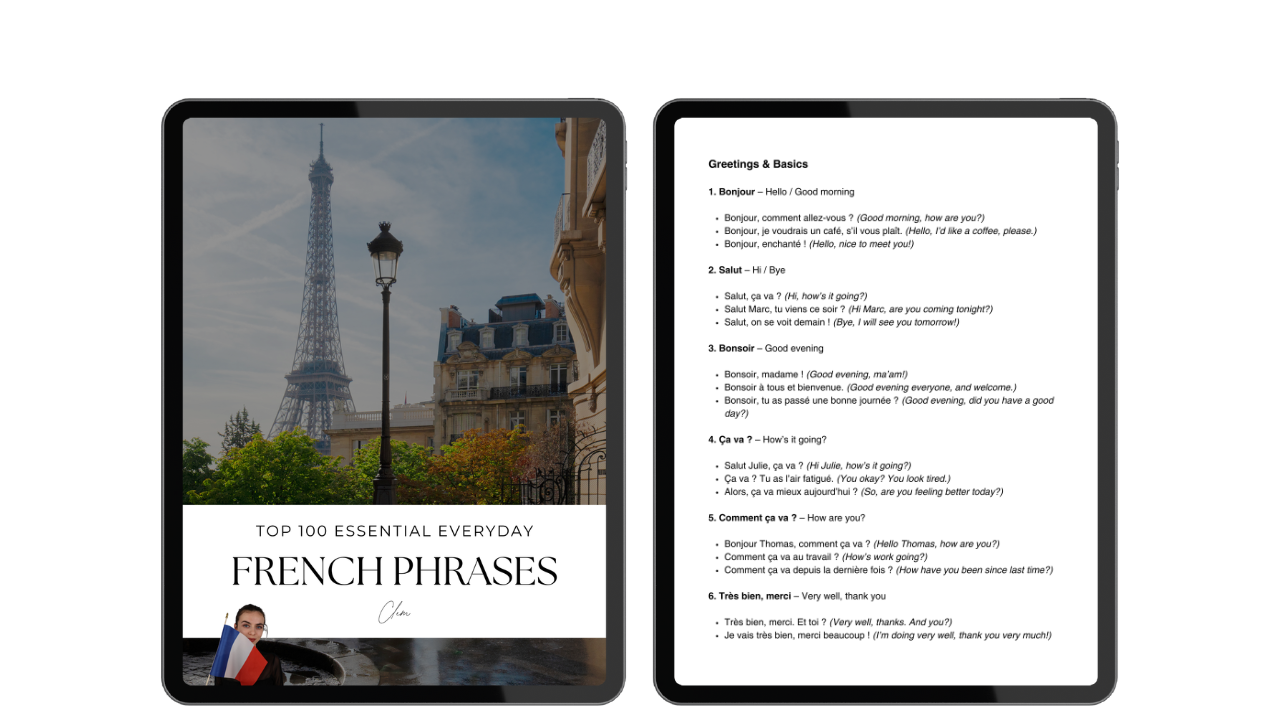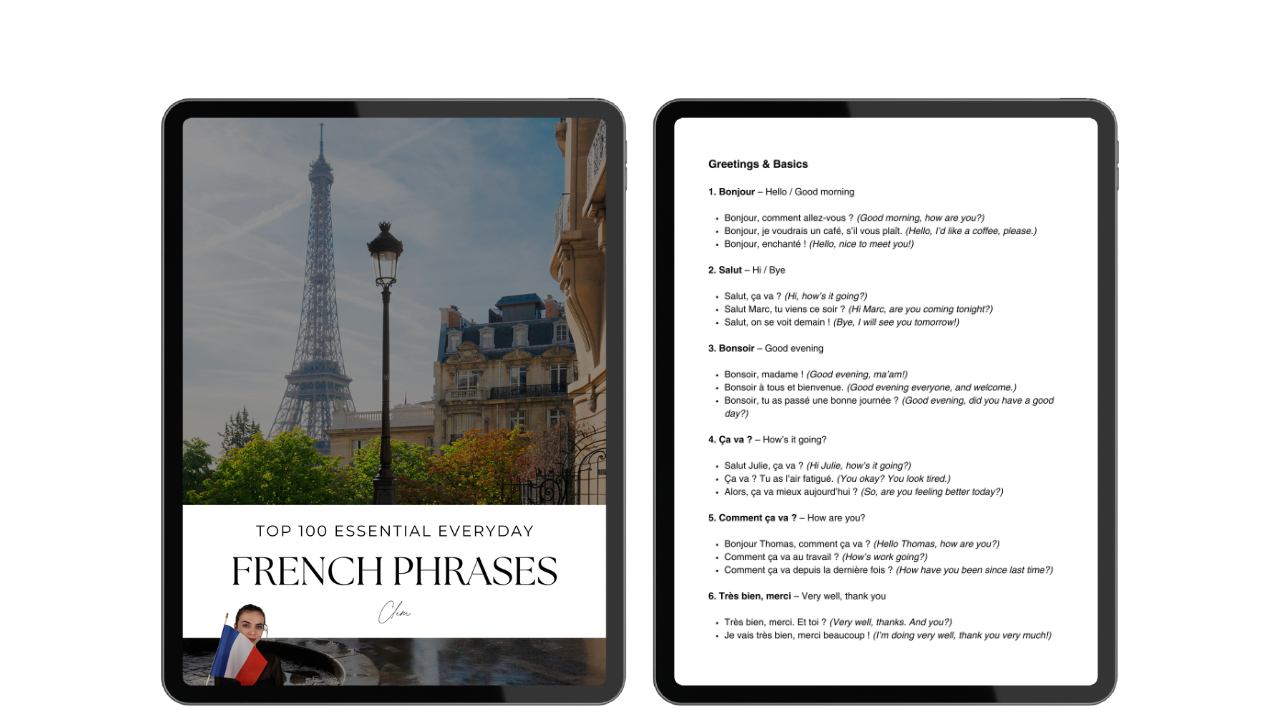
Why ‘On’ Is the Most Useful Word in French (and You’re Ignoring It)
Oct 05, 2025When you start learning French, you expect certain words to matter.
You know bonjour will be important. You know you’ll need merci. You probably assume that “we” in French—nous—will show up all the time.
But there’s one tiny, deceptively simple word that nobody warns you about: on.
And here’s the kicker:
👉 French people use it constantly.
👉 Textbooks barely explain how powerful it is.
👉 And if you’re ignoring it, you’re making your French way harder than it needs to be.
Let’s fix that.
By the time you finish reading this, you’ll see on everywhere, and you’ll probably start using it yourself—and wondering why you didn’t sooner.
1. First Things First: What Does “On” Even Mean?
If you ask most French learners, they’ll say:
👉 “On means ‘one,’ like ‘one should eat vegetables.’”
And they’re technically right.
Example:
On doit manger des légumes.
“One must eat vegetables.”
But that’s just the tip of the iceberg.
Because “on” has evolved.
In everyday French, it’s way more than “one.” It’s the Swiss Army knife of pronouns—it bends, it shifts, it covers situations where other words would be clunky.
And here’s the big secret:
👉 On basically replaced “nous” in spoken French.
2. Wait—So “On” Means… “We” Now?
Yep.
In real, everyday conversation, French people almost always use on instead of nous when they mean “we.”
-
Nous allons au cinéma.
(We are going to the movies.)
Technically correct… but sounds like you’re reading from a 1950s textbook.
What you’ll actually hear:
-
On va au cinéma.
Same meaning. Way more natural.
👉 Rule of thumb: Unless you’re writing a formal essay or sitting in a French grammar competition, “on” = “we” in spoken French.
3. How “On” Makes Life Easier
Here’s why “on” is a gift to learners:
-
You don’t have to memorize the tricky nous conjugations (think nous mangeons with that extra -e in there).
-
You get to use the simple il/elle/on conjugation for verbs—because on takes the same form.
Example:
-
Nous parlons (we speak) ❌ complicated ending.
-
On parle (we speak) ✅ one easy ending.
Suddenly, you’ve cut your conjugation stress in half.
4. “On” Isn’t Just “We” (It’s Also “People” or “They”)
Here’s where “on” gets really interesting.
It’s not locked into “we.” It’s flexible.
👉 It can mean “people in general.”
-
En France, on mange du fromage.
“In France, people eat cheese.”
👉 It can mean “they,” in a vague way.
-
On m’a dit que…
“They told me that…” (literally “One told me that…”)
👉 It can even mean “you,” when you’re talking about shared experience.
-
Quand on est fatigué, on boit du café.
“When you’re tired, you drink coffee.”
In English, we jump between “you,” “we,” and “they” for these situations.
In French? On handles them all.
5. “On” in Real Conversations
Picture this: you’re hanging out with French friends.
They’re chatting, and you hear:
👉 “On fait quoi ce soir ?”
(What are we doing tonight?)
Nobody says “Que faisons‑nous ce soir ?” unless they’re acting in a 19th‑century play.
Or:
👉 “On se voit demain ?”
(Are we seeing each other tomorrow?)
That’s how people really speak.
If you cling to “nous,” you’ll sound overly formal—or at least like you’ve been living inside a grammar book.
6. The Weird Grammar Bit You Need to Know
Here’s the slightly confusing part:
Even though on usually means “we,” it uses the singular verb form.
-
On est contents.
(We are happy.)
See that? est (is), not sommes (are).
Because grammatically, on behaves like “he” or “she.”
👉 But here’s the twist: the adjective agrees with the meaning.
-
On est contents. → plural “happy,” because “we” are happy.
Confusing? A little. But you’ll get used to it fast.
7. Why You Should Start Using “On” (Like, Now)
If you want your French to sound natural—not overly stiff—you need “on.”
Here’s why:
✅ It’s what French people actually use.
✅ It simplifies verb conjugation.
✅ It makes you sound like you belong.
Even if you never fully master “nous,” you can sound fluent just by leaning on on.
8. “On” in Different Contexts
Let’s break down how “on” shows up in different situations:
Casual Conversations
👉 On y va ?
(Shall we go?)
👉 On mange où ?
(Where are we eating?)
General Statements
👉 On dit que le vin rouge est bon pour la santé.
(They say red wine is good for your health.)
👉 En hiver, on dort plus.
(In winter, people sleep more.)
Talking About Rules or Customs
👉 On enlève ses chaussures à l’entrée.
(You/people take off their shoes at the entrance.)
Blaming “Them” (Without Naming Names)
👉 On m’a volé mon sac !
(Someone stole my bag!)
9. “On” vs. “Nous” — When to Use Which
So if “on” is so great, is “nous” dead?
Not quite.
👉 Use “nous” in:
-
Formal writing (essays, reports).
-
When you want to sound especially polite (like a waiter saying “Nous vous remercions”).
-
Some set expressions (nous-mêmes = ourselves).
👉 Use “on” for literally everything else.
In conversation, if you use “nous” all the time, you won’t sound “wrong”—you’ll just sound… stiff.
Like wearing a tuxedo to a picnic.
10. The Sneaky Ways “On” Makes You Sound More French
There’s another reason to love “on”:
👉 It makes you sound instantly more French.
Why?
Because French speakers sprinkle it everywhere.
Sometimes they even use it when English wouldn’t:
-
On va dire…
“Let’s say…” -
On se fait un resto ?
“Should we go to a restaurant?”
Start using “on” like this, and you’ll sound less like a student—and more like someone who lives in the language.
11. Common Phrases with “On” (You’ll Hear These All the Time)
Here are a few “on” phrases that pop up constantly:
-
On y va. – Let’s go.
-
On verra. – We’ll see.
-
On se calme ! – Calm down! (literally “We calm ourselves!”)
-
On dirait… – Looks like / It seems…
-
On s’en fout. – We don’t care. (super casual)
-
On se retrouve… – We’ll meet up…
Learn these, and you’ll start catching entire conversations.
12. The Pitfall: Overusing “On” for Everything
Okay, a warning:
Once you realize how powerful “on” is, you might start using it for everything.
And while that’s mostly fine, remember:
👉 You can’t always swap “on” for “nous” in writing.
👉 You still need “ils/elles” when you mean “they” (specific people).
👉 And you might sound vague if you use “on” too much in formal settings.
But for day‑to‑day conversation? “On” is your new best friend.
13. Real-Life Examples: “On” in Action
Let’s see “on” at work in real, everyday French.
Scene: Friends planning dinner.
— On fait quoi ce soir ?
— (What are we doing tonight?)
— On se commande une pizza ?
— (Should we order a pizza?)
— On se retrouve chez moi ?
— (Shall we meet at my place?)
👉 Notice: not a single nous.
Scene: Complaining about “them.”
— On m’a dit que le magasin est fermé.
(They told me the shop is closed.)
👉 “On” here = “someone”/“they.” Vague but useful.
Scene: Sharing general wisdom.
— On apprend mieux en pratiquant.
(You learn better by practicing.)
👉 “On” here = “people in general.”
14. “On” Even Shows Up in Idioms
French is full of idiomatic expressions with “on.”
-
On n’est pas sorti de l’auberge.
(Literally: “We’re not out of the inn.” Meaning: “We’re not out of the woods.”) -
On n’a qu’une vie.
(We only have one life.)
These expressions feel off without “on”—because that’s how French people say them.
15. How to Start Using “On” (Without Overthinking It)
If you’ve been stuck on “nous,” here’s how to switch:
Step 1: Listen. Start noticing every time you hear “on” in movies, podcasts, conversations.
Step 2: Copy. Take phrases you hear (“On y va,” “On se voit demain”) and repeat them.
Step 3: Swap. Whenever you’re about to use “nous,” ask: “Would a French person actually say this?” If yes → keep it. If not → use “on.”
Soon, “on” will feel natural—and you won’t even think about it.
16. Your “On” Starter Pack
Here’s a mini cheat‑sheet of phrases to drop into conversations right away:
-
On y va ? – Ready to go?
-
On fait quoi ? – What should we do?
-
On se voit demain. – We’ll see each other tomorrow.
-
On peut essayer. – We can try.
-
On se parle bientôt. – We’ll talk soon.
-
On verra. – We’ll see.
Start with these, and you’ll notice how much smoother your French sounds.
17. The Mindset Shift: Stop Thinking Like English
English has a clear “we,” “they,” “people,” “you.”
French bundles them up in one neat little pronoun: on.
👉 That’s why it feels confusing at first—you keep asking: “Wait, does ‘on’ mean we? They? You?”
But once you stop forcing English rules on French, you see the beauty:
👉 “On” is flexible because French is flexible.
18. The Bottom Line
If you take nothing else from this article, take this:
👉 On is your shortcut to sounding more French.
It’s short. It’s simple. And it’s everywhere.
When you start using it, you’ll notice:
-
You conjugate less (yay!).
-
You sound more natural.
-
You actually understand French conversations faster—because you’re finally tuned into how French people really speak.
Language learning can feel like an endless list of rules and exceptions.
But sometimes, one little word unlocks everything.
👉 In French, that word is on.
So go ahead—start dropping “on” into your conversations.
You’ll sound less like a textbook and more like… well, a French person.
On y va ?












